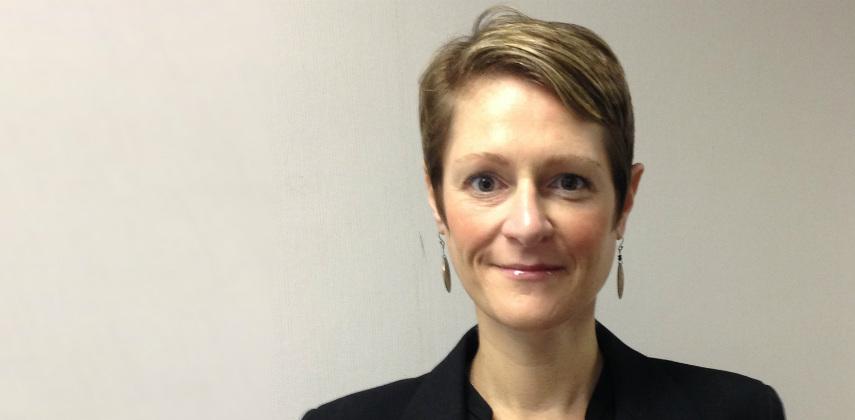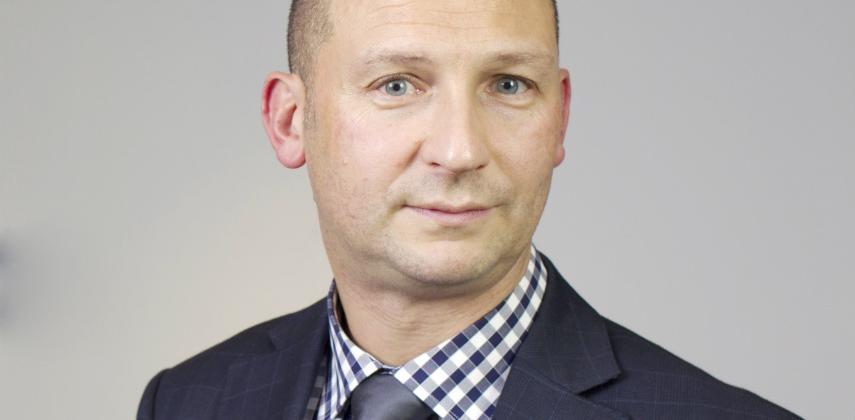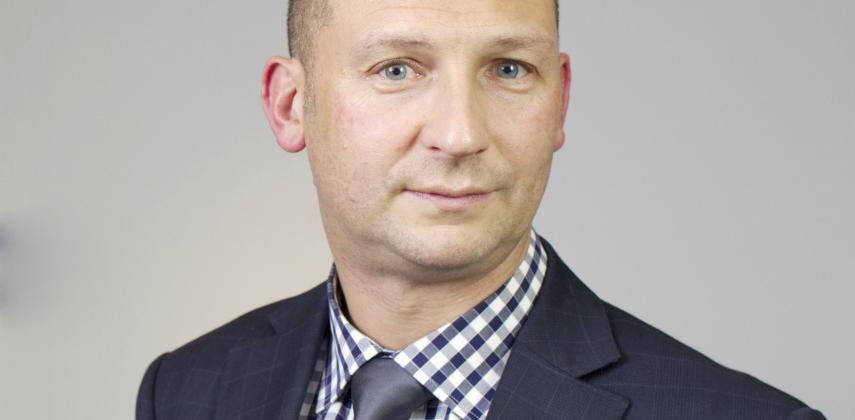Salary negotiations – often the final stage of the interview process – can also be one of the most uncomfortable. This stage is largely driven by HR, and in most cases they will be requesting detailed proof of your current package and your expectations for the new role.
It is vitally important that you are completely honest about your salary history. If you do feel that you are underpaid, be prepared to outline a clear and logical case as to why.
Information is critical, and the more you are armed with the better. This includes not only your own salary history, but also a clear understanding of industry trends and career paths. Remember that information is power in job-hunting.
If you do find a gulf between yourself and your prospective employer over salary, it is important to recognise that creativity can often be a useful tool in bridging the gap.
HR is not necessarily your enemy in these circumstances. If you can put your heads together to reach a creative solution, both sides can emerge with their goals met. Some of the best HR teams understand that different talent groups have a unique set of drivers when it comes to accepting a role, staying in it and thriving.
A number of non-monetary drivers can be brought to play in putting together packages, such as flexible working, additional holidays and mid-year performance reviews.
As frustrating as this final stage of the process can often feel, it is important not to lose sight of a host of innovative and workable solutions that, if mutually explored, can result in a win-win scenario for both candidate and employer.
Katharine de Vaal, senior consultant for strategy and transformation – Hong Kong, ConnectedGroup





